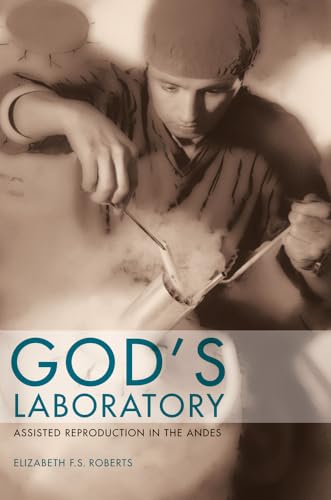Product Review
Assisted reproduction, with its test tubes, injections, and gamete donors, raises concerns about the nature of life and kinship. Yet these concerns do not take the same shape around the world. In this innovative ethnography of in vitro fertilization in Ecuador, Elizabeth F.S. Roberts explores how reproduction by way of biotechnological assistance is not only accepted but embraced despite widespread poverty and condemnation from the Catholic Church. Roberts’ intimate portrait of IVF practitioners and their patients reveals how technological intervention is folded into an Andean understanding of reproduction as always assisted, whether through kin or God. She argues that the Ecuadorian incarnation of reproductive technology is less about a national desire for modernity than it is a product of colonial racial history, Catholic practice, and kinship configurations. God’s Laboratory offers a grounded introduction to critical debates in medical anthropology and science studies, as well as a nuanced ethnography of the interplay between science, religion, race and history in the formation of Andean families.









